
.jpg?fit=crop&auto=format)
Hematologic cell transplantation use rates have improved, although they still show disparities for minority groups such as non-Hispanic Black populations.

Despite increased education on autologous HCT, a lower rate of Black patients with multiple myeloma undergo treatment.
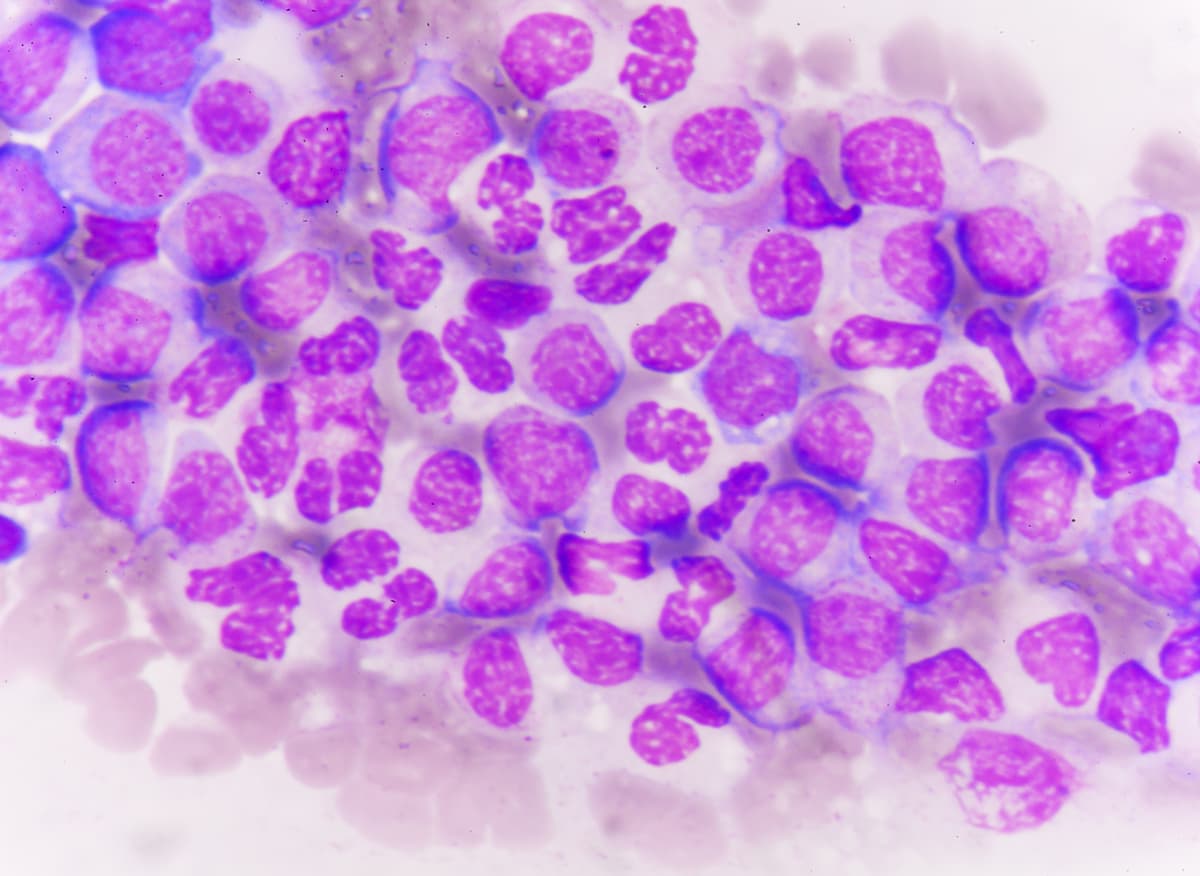
Study authors note that access to multidisciplinary teams and transportation programs may help mitigate hematopoietic cell transplantation outcome disparities.

Findings suggest investigating an individualized monitoring period for stable patients with hematologic cancers to decrease financial and geographic barriers to CAR T-cell therapy.
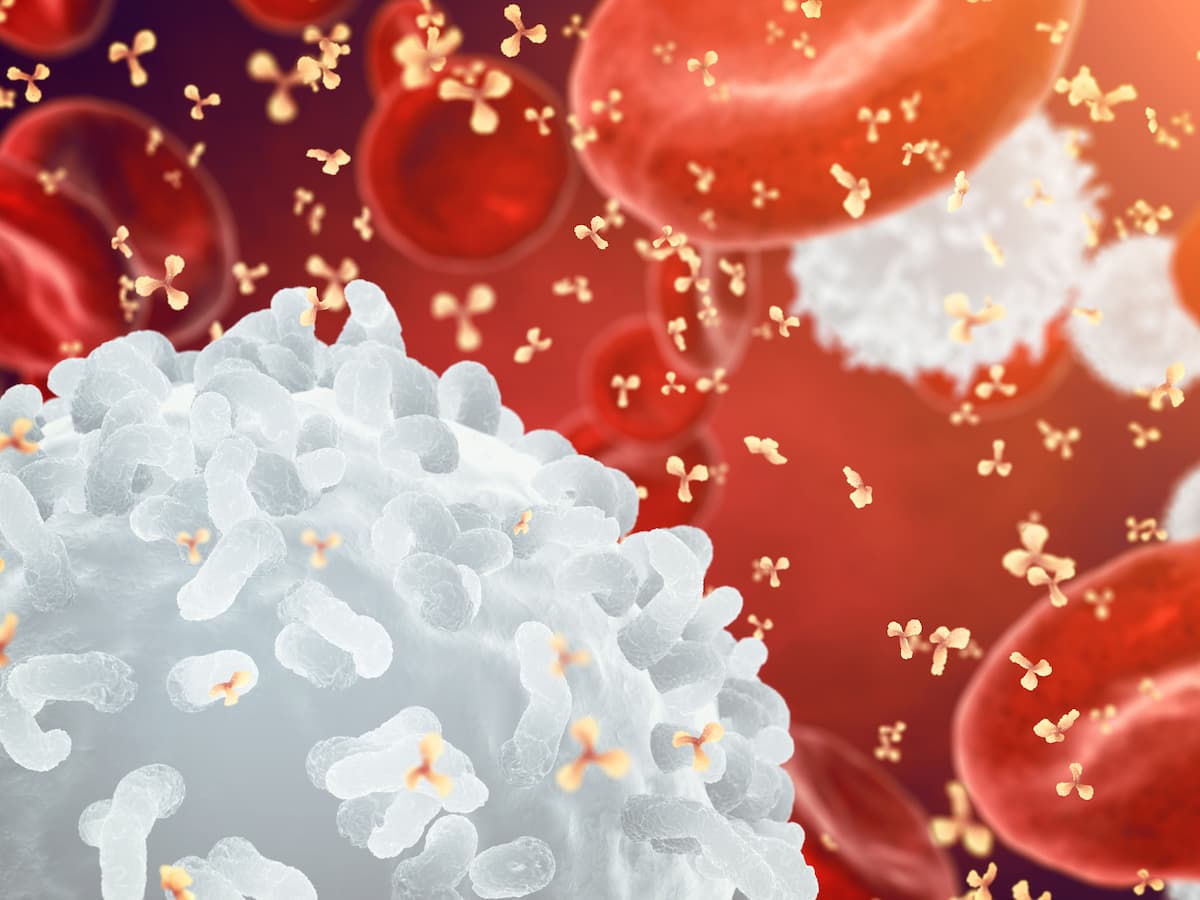
Strategies must be framed for addressing racial and geographic disparities in access for CAR T-cell and bispecific antibody therapy, according to the study authors.

Findings from a study highlight that 7/8 mismatched unrelated donor posttransplant cyclophosphamide may be a suitable alternative treatment option for those with graft-vs-host disease.
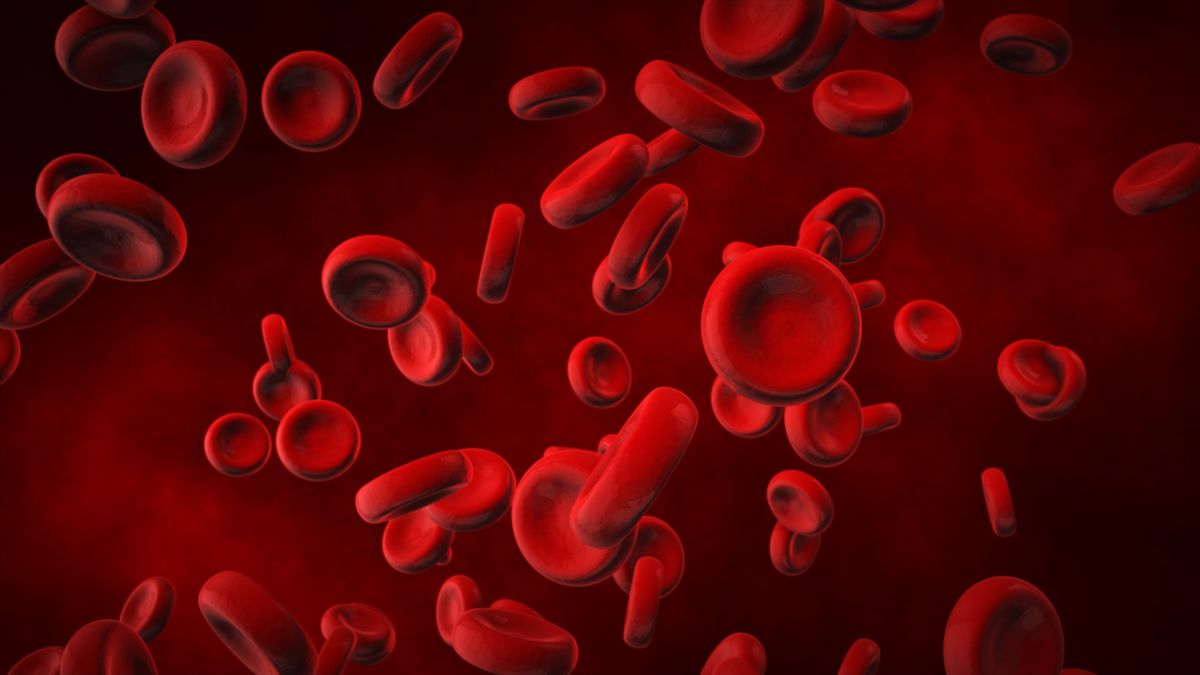
Findings from a retrospective study highlight an increase in the use of targeted agents like ibrutinib from 1998 to 2020 for American military veterans with chronic lymphocytic leukemia.

Resolving disparities within the blood cancer space is a matter of “access to excellent healthcare,” according to Usama Gergis, MD, MBA.

Discrepancies in patients with blood cancer who are eligible for but do not undergo hematopoietic stem cell transplant have been observed not only for Black patients, but Hispanic, Asian, and White patients as well, according to Usama Gergis, MD, MBA.

Marisol Miranda-Galvis, DDS, MS, PhD, highlights the importance of identifying populations of patients with hematologic cancer who are underserved and using socially targeted solutions.
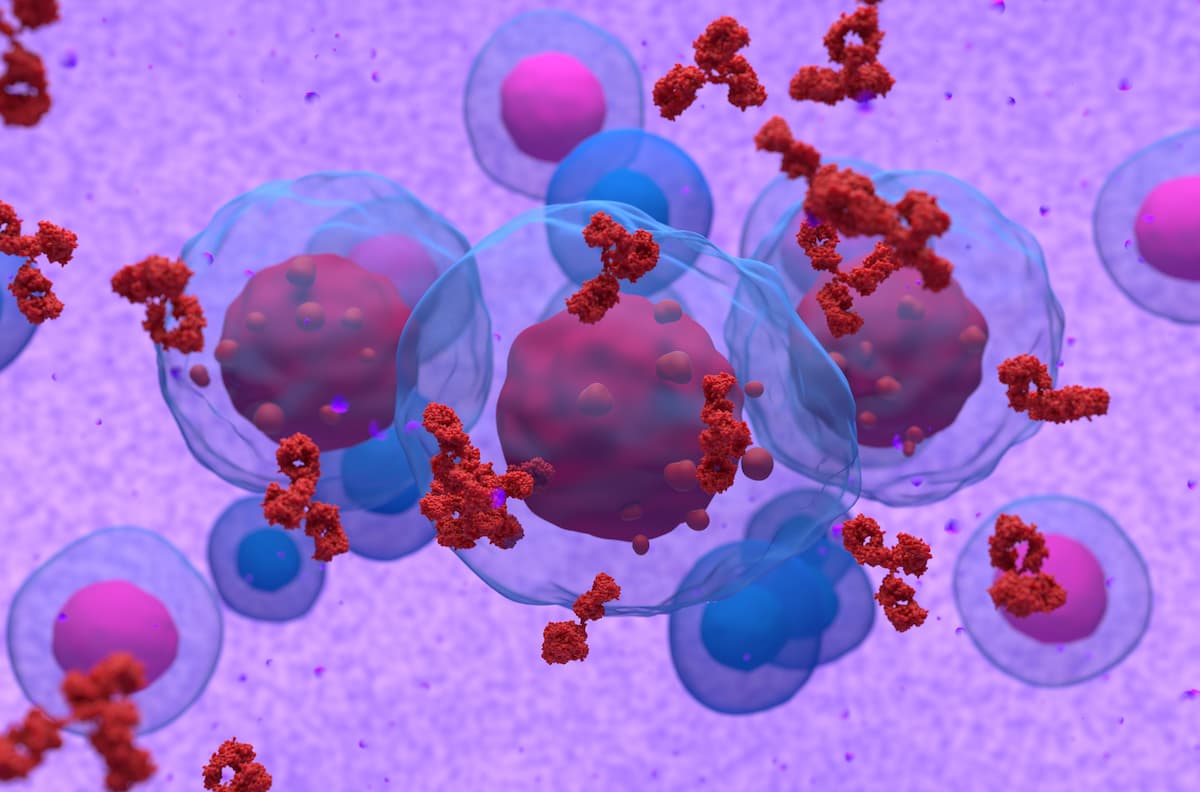
Black patients appear less likely than their White or Asian counterparts to meet hematologic lab criteria and treatment-related criteria necessary to enroll in clinical multiple myeloma trials.

Among those with multiple myeloma, Hispanic patients may experience worse outcomes such as in-hospital mortality vs other ethnic groups.
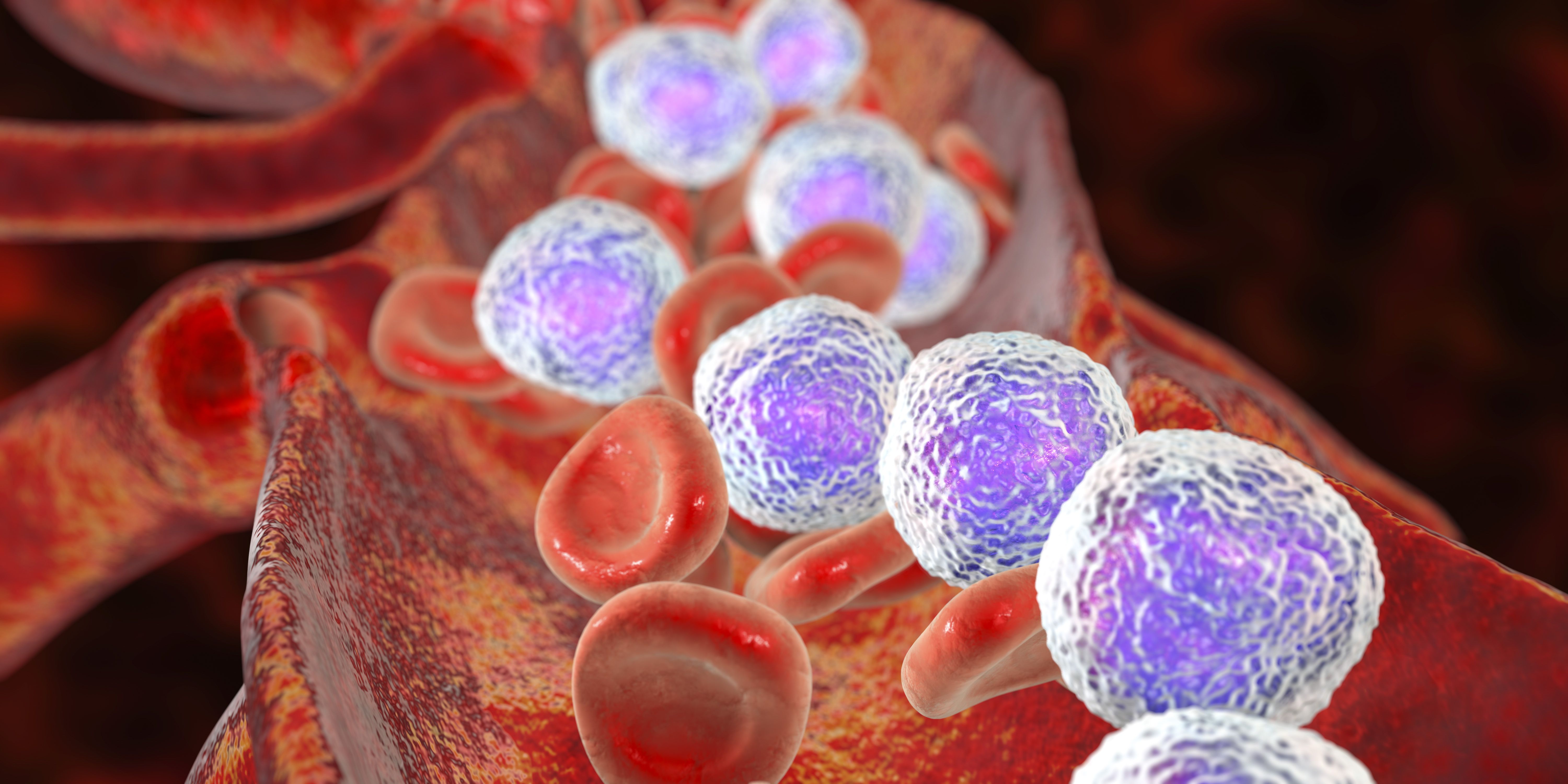
Investigators highlight the importance of building partnerships between CAR T-cell centers and external hospitals to increase treatment referrals and access to clinical trials for patients with B-cell acute lymphoblastic leukemia.

Krina Patel, MD, MSc, discusses research and initiatives that may help to mitigate disparities in patients with multiple myeloma including factors such as gender, race, and ethnicity.

Despite women with multiple myeloma being more likely to have certain cytogenetic risk factors vs men, sex did not appear to impact efficacy.
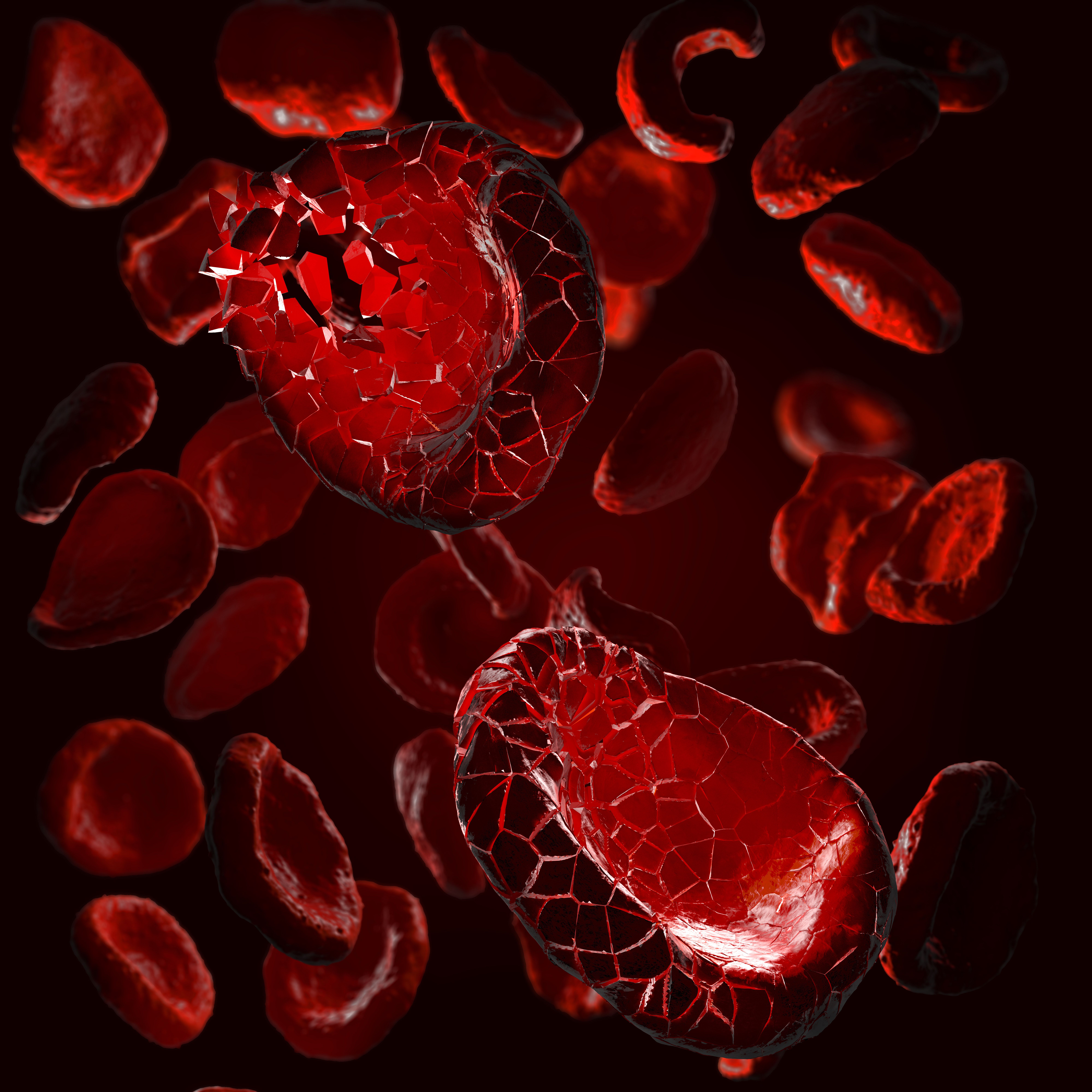
Investigators identified that in pivotal clinical trials supporting FDA approvals of CAR T-cell therapies for patients with hematologic cancer, Black patients were significantly underrepresented.
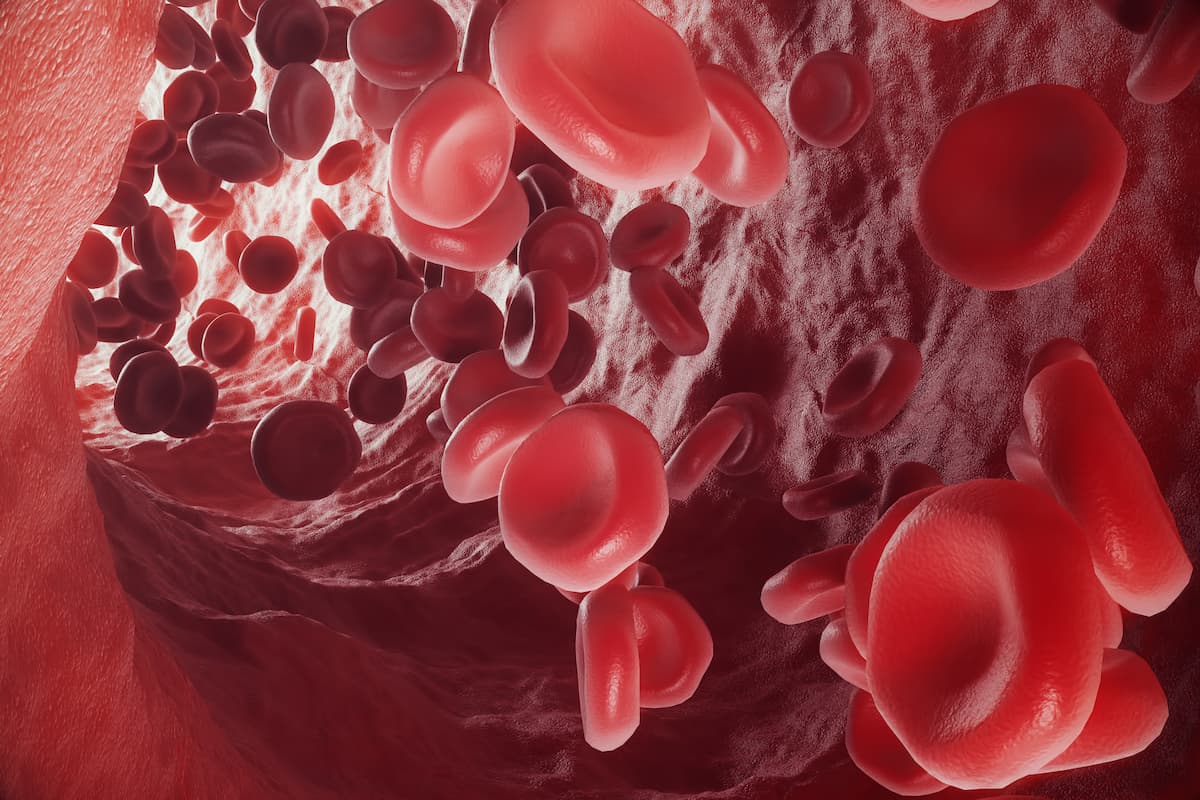
Investigators observed low enrollment of Black patients on CAR T-cell therapy clinical trials that supported FDA decisions in hematologic malignancies, especially in multiple myeloma.

Investigators spoke to the disparities that are present in multiple myeloma and possible causes such as socioeconomic factors.

Findings from an analysis assessing diverse participation in multiple myeloma FDA drug approval trials highlighted a significant deficit of Black and Hispanic patients.
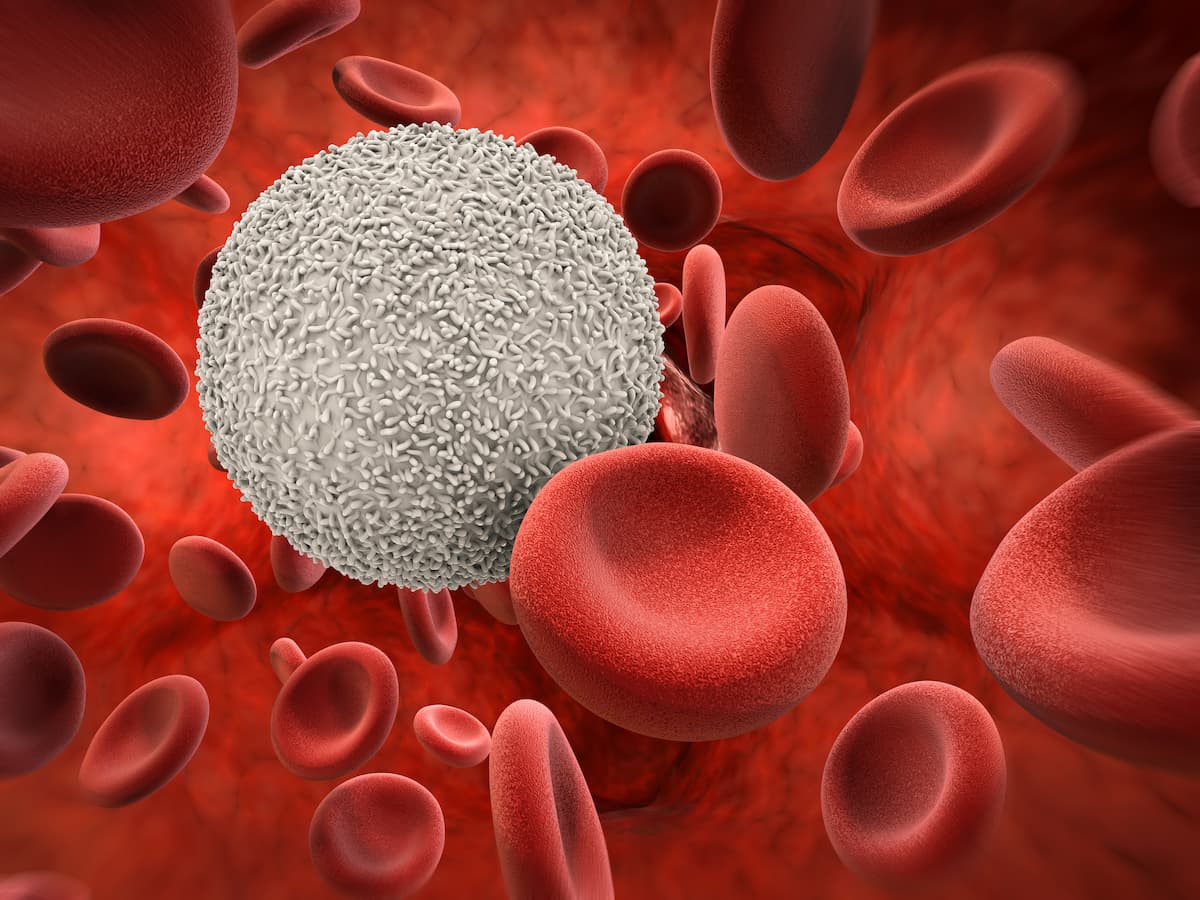
From 2003 to 2016, investigators noted that incidence of multiple myeloma varied by racial and ethnic group, as well as sex.
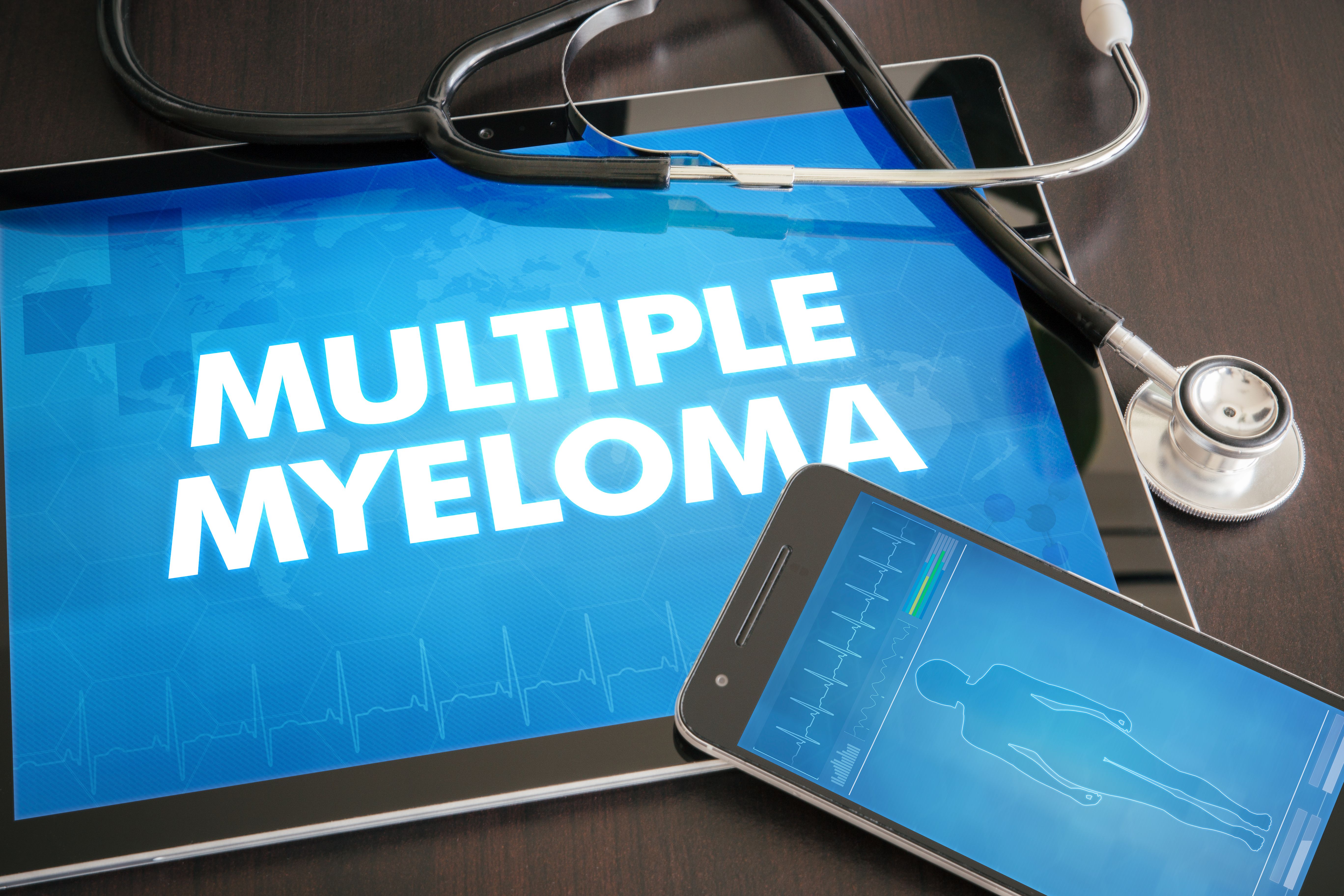
“The importance of diverse representation cannot be underscored enough and is critical to ensure that safe and effective products are available to the [United States] patient population,” wrote the study authors, who were led by Nicole Gormley, MD.

The first episode of CancerNetwork's podcast Oncology Peer Review On-The-Go explores disparities in cancer care treatment among minorities and the significance of a representative sample in clinical trials.

A study presented at the AACR Virtual Annual Meeting II indicated that Hispanics are diagnosed with blood cancers at a significantly younger age than non-Hispanic white individuals.

The lymphoma and myeloma expert indicated that one of the key ways to address these disparities in lymphoma and myeloma is to improve minority and rural accrual in clinical trials.

